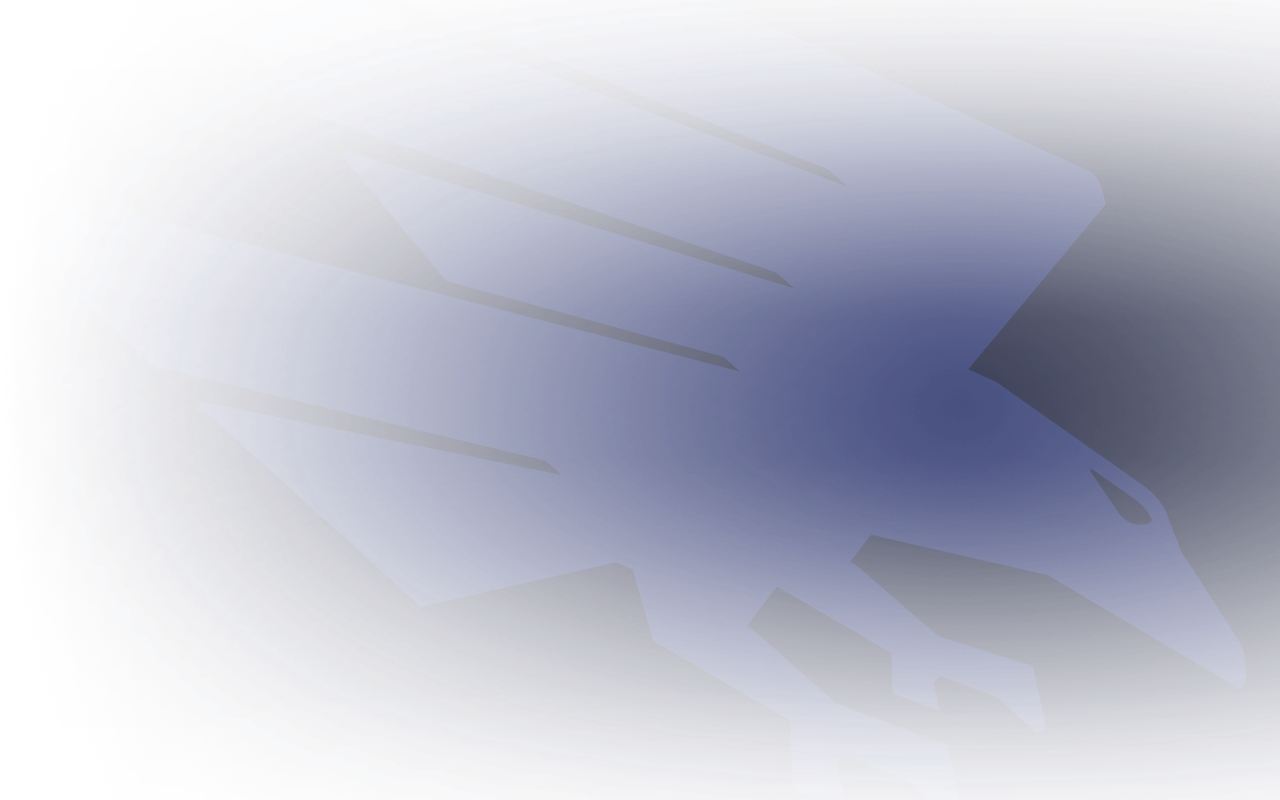AFL Women's players have received a pay rise at the start of the 2019 pre-season, with total player payments rising by 38 per cent under the first Collective Bargaining Agreement (CBA).
The deal between the AFL and AFL Players' Association will see total player payments rise to a total $4.748 million next season.
The minimum AFLW wage will rise 27.6 per cent to meet the minimum male payment (on a pro rata basis).
Under the agreement, payments will be split between four tiers, compared to three in 2018, which will give clubs more flexibility in managing players.
- Tier 1: $24,600
- Tier 2: $19,000
- Tier 3: $16,200
- Tier 4: $13,400
Tier 1 payments have risen from $20,000 in 2018 (and $17,000 in 2017), while tier 2 was $14,500 in 2018 (and $12,000 in 2017).
Rookie payment (which is no longer applicable) was $8500 in 2018.
The 2019 tier 4 payment is on a pro-rata level with minimum wage for AFL players, while an AFL Ambassador fund of $100,000 per year for four years will be available to clubs.
The 2018 total player payment was $2.752 million for the same amount of training hours as 2019: 13 per week during the pre-season and 10 per week during the season itself.
While the CBA is for the 2019 season, the AFLPA said agreement had been reached on "key financial matters through to the end of the 2022 season to give the industry certainly and security".
AFLW: First team training ahead of 2019 season
Players in the top four AFLW teams (the top two of each conference) will share in a finals prizemoney pool of $127,500.
A fund of $335,000 for education and training grants and wellbeing support has been introduced, which includes funding for a research project examining the specific needs of AFLW players.
AFLW players will have access to the AFLPA injury and hardship fund, while there will also be relocation allowances for players who live further than 100 kilometres away from their AFLW club, given the part-time nature of the competition.
Hawkeye technology will also be introduced at all AFL venues to help injury diagnosis, including concussion, which has been the case in the AFL competition in the past. Football injury expenses will also be covered for 18 months after the player's contract expires.
A minimum $20,000 for additional service agreement (marketing appearances etc) will also be in place for all clubs, with no cap for 2019.
"The players voted overwhelmingly to approve this deal because it recognises the significant time and energy they are investing to improve the standards of the AFLW competition but also gives the industry flexibility to continue to evolve the game," AFLPA CEO Paul Marsh said.
"Players continue to juggle their football responsibilities, with full or part-time jobs, study and family life and this deal will help shape an environment where they can thrive.
"Gender equality continues to be a driver for our organisation and we’re proud to have achieved that by tying the minimum wage to that of the minimum wage for male footballers until 2022."
AFL head of women's football Nicole Livingstone said the first CBA was a significant milestone for the competition.
"On the eve of our third year of competition, we are proud of AFLW enabling more opportunity for more female players with 300 players joining high performance environments in 2019," Livingstone said.
"Investment in player wellbeing and development is vitally important due to the current part time nature of AFLW, to further support our players to grow both as players and individuals."



